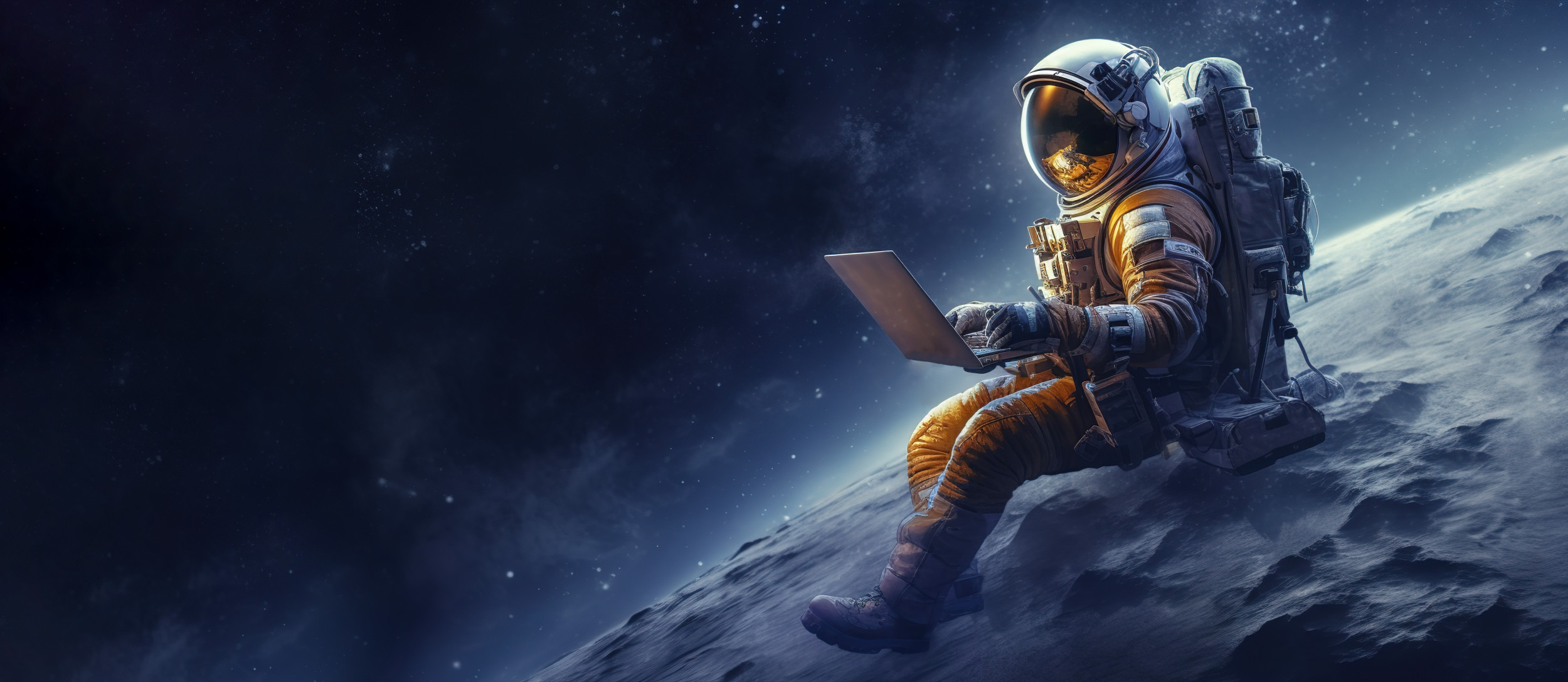
AI’s Advancements in Space Exploration: Unlocking New FrontiersAI’s Advancements in Space Exploration: Unlocking New Frontiers Artificial intelligence (AI) is revolutionizing space exploration, enabling advancements that were once considered impossible. From automating complex tasks to analyzing vast datasets, AI is pushing the boundaries of our knowledge and capabilities in the cosmos. Automated Operations: AI-powered systems can perform repetitive and time-consuming tasks autonomously, freeing up human explorers for more critical activities. Rovers and spacecraft can navigate complex environments, identify targets of interest, and collect and transmit data without direct human intervention. Data Analysis and Visualization: AI algorithms can process and analyze massive volumes of data collected from space missions. They can identify patterns, anomalies, and insights that would be difficult or impossible for humans to detect manually. AI-generated visualizations help scientists understand complex datasets and visualize spatial relationships. Mission Planning and Optimization: AI algorithms can optimize mission planning by predicting trajectories, identifying potential obstacles, and suggesting adjustments. This enables more efficient use of resources and reduces the risk of mission failure. AI systems can also simulate different scenarios and predict spacecraft performance under various conditions. Scientific Discovery: AI can accelerate scientific discovery by analyzing data from space telescopes, planetary probes, and other instruments. It can identify exoplanets, detect anomalies in space weather, and predict the behavior of celestial bodies. AI-powered telescopes can scan the night sky for faint objects, helping astronomers to expand our understanding of the universe. Enhanced Robotics: AI-powered robots and autonomous systems can perform complex tasks in space, such as repairing satellites, assembling structures, and conducting scientific experiments. They can operate in hazardous environments or extreme conditions that would be dangerous for human explorers. Virtual Reality Training: AI-generated virtual reality simulations provide immersive training environments for astronauts and ground personnel. These simulations can replicate the challenges and hazards of spaceflight, allowing trainees to practice complex operations and emergency procedures in a safe and controlled environment. Conclusion: The advancements made possible by AI are propelling space exploration to new heights. By automating tasks, analyzing data, optimizing missions, and enhancing scientific discovery, AI is enabling us to unlock the mysteries of the universe and expand our presence in the cosmos. As AI continues to evolve, we can expect even more groundbreaking discoveries and technological advancements that will reshape the future of space exploration.
Posted inNews